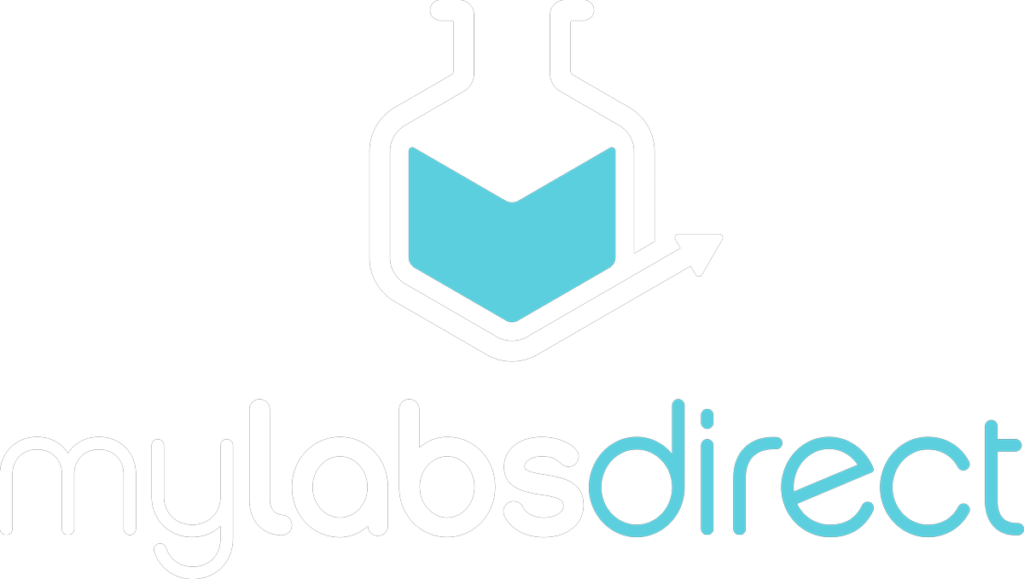Navigating the Waters: Understanding Kidney Disease and Empowering Health

Kidney disease, also known as renal disease or nephropathy, refers to a condition in which the kidneys are damaged and are unable to function properly. The kidneys play a crucial role in maintaining overall health by filtering waste and excess fluids from the blood, regulating electrolyte balance, and producing hormones that influence blood pressure and red blood cell production. When the kidneys are impaired, these functions are compromised, leading to a range of health issues.
Unveiling the Enigma: Kidneys in Focus
Kidney disease is often stealthy, progressing quietly and without noticeable symptoms in its early stages. This makes awareness and regular health check-ups crucial for early detection and intervention.
There are several types of kidney disease, and they can be broadly categorized into two main types:
- Acute Kidney Disease (AKD):
- Onset: Develops suddenly, often within a few hours or days.
- Causes: Typically caused by conditions such as dehydration, severe infections, blood clotting disorders, or conditions that directly affect kidney function.
- Symptoms: May include decreased urine output, swelling, fatigue, confusion, and nausea.
- Treatment: Addressing the underlying cause, supportive care, and sometimes dialysis if the kidneys are severely compromised.
- Chronic Kidney Disease (CKD):
- Onset: Develops gradually over an extended period, often months or years.
- Causes: Common causes include diabetes, hypertension (high blood pressure), glomerulonephritis, and polycystic kidney disease. Prolonged kidney damage can lead to CKD.
- Symptoms: In the early stages, CKD may be asymptomatic. As it progresses, symptoms may include fatigue, swelling, changes in urination, nausea, and anemia.
- Treatment: Managing underlying conditions, lifestyle modifications, and, in later stages, potentially dialysis or kidney transplantation.
Common Causes of Kidney Disease:
- Diabetes: Uncontrolled diabetes can lead to damage of the small blood vessels in the kidneys.
- Hypertension (High Blood Pressure): Prolonged high blood pressure can strain the blood vessels in the kidneys, leading to damage over time.
- Glomerulonephritis: Inflammation of the kidney’s filtering units (glomeruli) can affect kidney function.
- Polycystic Kidney Disease (PKD): Inherited disorder causing the formation of fluid-filled cysts in the kidneys.
- Urinary Tract Obstruction: Conditions such as kidney stones or an enlarged prostate can obstruct the flow of urine, causing kidney damage.
- Infections: Severe or recurrent infections can lead to kidney damage if left untreated.
Complications of Kidney Disease:
- Fluid and Electrolyte Imbalances: Kidneys regulate the balance of fluids and electrolytes. Dysfunction can lead to imbalances affecting the heart and other organs.
- Anemia: Impaired production of erythropoietin can lead to a decrease in red blood cell production.
- Bone Health Issues: Kidneys play a role in regulating calcium and phosphorus. Kidney disease can affect bone health.
- Cardiovascular Complications: Kidney disease is associated with an increased risk of cardiovascular diseases.
Symptoms and Warning Signs:
- Changes in Urination: Noticeable changes in the frequency, color, or volume of urine can be indicative of kidney dysfunction.
- Swelling and Fluid Retention: Edema, particularly in the legs, ankles, and face, may signal impaired kidney function as the organs struggle to regulate fluid balance.
- Fatigue and Weakness: Decreased kidney function can result in anemia, leading to persistent fatigue and weakness.
- Nausea and Loss of Appetite: Accumulation of waste products in the blood can cause nausea and a loss of appetite.
Navigating the Treatment Landscape:
- Lifestyle Modifications: Embracing a kidney-friendly lifestyle involves managing blood pressure, adopting a balanced diet, staying hydrated, and avoiding excessive use of over-the-counter pain medications.
- Medication Management: Depending on the underlying cause of kidney disease, medications may be prescribed to manage blood pressure, treat diabetes, or address specific complications.
- Dialysis and Transplantation: In advanced stages, dialysis or kidney transplantation may be necessary. These interventions aim to replace the lost function of the kidneys and sustain life.
Empowerment through Awareness:
- Early Detection Saves Lives: Regular health check-ups that include monitoring blood pressure, blood sugar levels, and kidney function are instrumental in early detection and prevention.
- Patient Advocacy: Understanding one’s health conditions empowers individuals to actively participate in their care. Patients and caregivers alike can benefit from advocacy groups, support networks, and educational resources.
- Lifestyle as a Shield: Adopting a healthy lifestyle is not just a recommendation; it is a shield against kidney disease. A balanced diet, regular exercise, and avoiding harmful habits contribute significantly to kidney health.
CONCLUSION
In the realm of health, knowledge is power. By unraveling the complexities of kidney disease, we equip ourselves with the tools needed to navigate its challenges. Let us champion the cause of kidney health, fostering awareness, early detection, and a collective commitment to nurturing these unsung heroes within us—our kidneys.

